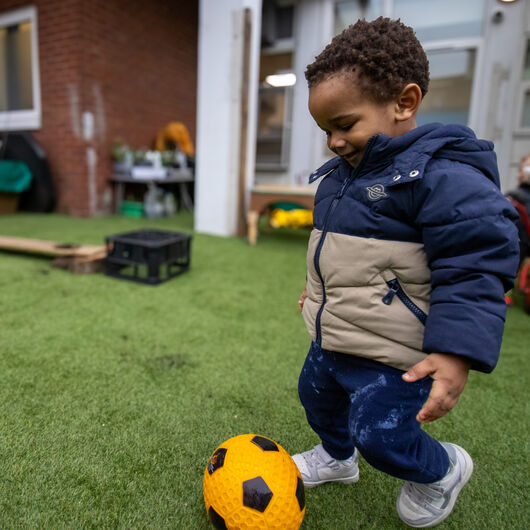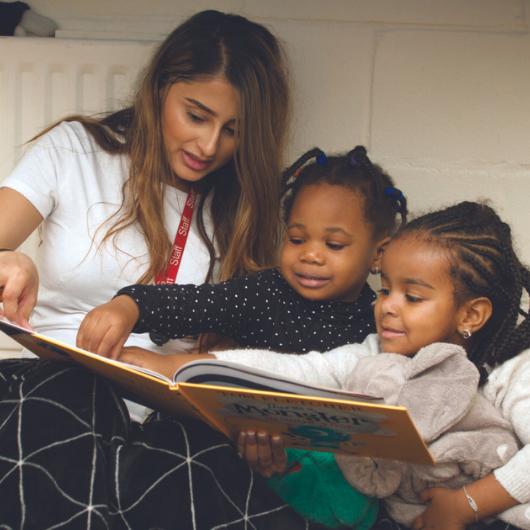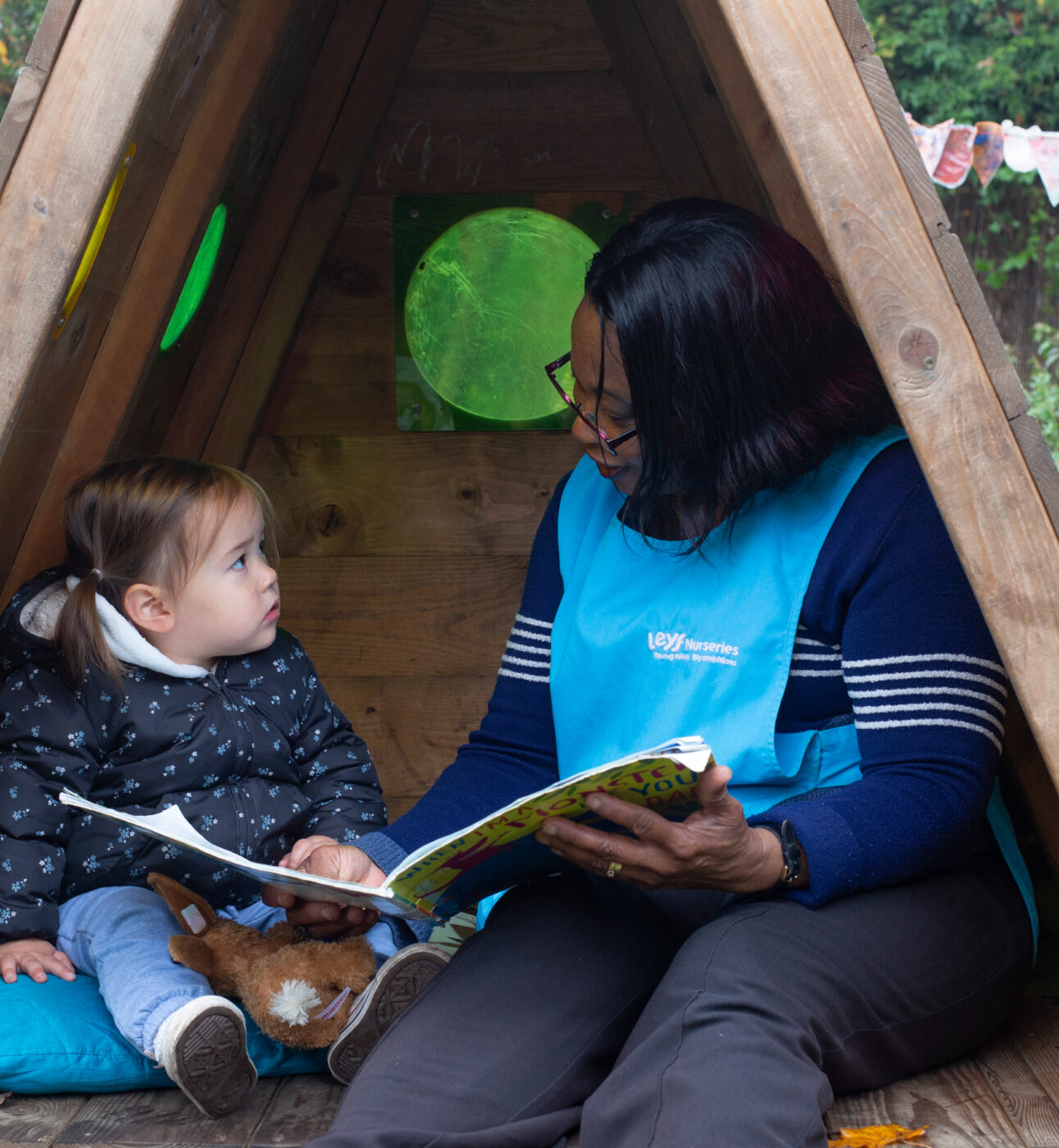
Talking Early Years: In conversation with Greg Bottrill
Are children deprived of the opportunity to play?… …is not a new question, but one that continues to be tackled on many levels. Greg Bottrill’s book ‘Can…
August 5th 2016
“If we get the early years right, we pave the way for a lifetime of achievement. If we get them wrong, we miss a unique opportunity to shape a child’s future.” Pg. 3
I was recently invited to the launch of the new Ofsted report called ‘Unknown Children- Destined for Disadvantage’. It was launched by the new Chair of Ofsted David Hoare who has made his views very public about the negative impact of inequality especially for our youngest children. Indeed, he has come out strongly as an advocate for early years and the power of early intervention.
But the report upset and angered me in equal measure. Why are we still hearing about child poverty as if it was a new phenomenon? Why is Ofsted so shocked ? Has it been asleep for the last 10 years? My challenge at the meeting was, “Wake Up and look outside your front door, there is a raft of reports going back years and we seem to have an increasing not reducing problem“.
The updated poverty statistics from the London from the Child Poverty Alliance Group (CPAG):
UK
London
I spoke at a conference in Scotland earlier this year and the Growing Up in Scotland (GUS) ten year evaluation of child poverty implications was presented. LINK .Their report also made pretty depressing reading. Here is a summary:
| Position of Children | Higher income | Lower income |
| Less good health during the first 4 years | 12% | 26% |
| Poor diet at age 5 | 13% | 39% |
| Below average vocabulary | 20% | 54% |
| Below average problem solving ability at age 5 | 29% | 53% |
| High social emotional or behavioural difficulty at8 years | 3% | 18% |
| Lowest level of life satisfaction at age 8 | 19% | 29% |
| Poor mental health during their child’s first 4 years | 6% | 24% |
The Ofsted report identified a similar picture although as with all things Ofsted the focus was on education and longer term school success whereas the Scottish report looked at health and also the health of the mother. In 2015, 44% of children who had not reached the expected level at the age of five went on to securely achieve the national benchmark in reading, writing and mathematics at the age of 11. This compares with 77% of children who had achieved a good level of development.
The specific details look like this:
What did Ofsted think we need to do?
Really, now tell us something we didn’t know!
Can you guess why I was depressed? Here we have a report which shows that things are getting worse for many poor children but present solutions that shaped a National Strategy twenty years ago and led to initiatives such as Sure Start which have been kicked into the political-ideological long grass.
Sure Start was created to provide childcare and support services in areas of poverty, including health and education as one offer, supporting families to better understand their role as leaders of their children’s learning in the home. Yet, instead of being improved and perfected it’s been left to die slowly by our previous Coalition Government and the more recent Conservative approach of Tackling Disadvantage led by Mr Cameron may never see the light of day.
The challenge of Ofsted to local authorities for a strategic approach comes very late in the day when local authorities are starved of resources.
The access to free childcare is stymied by the lack of funding and a policy of requiring A to C GCSEs as entry requirements for Early Years staff which has more or less dried up the pipeline of qualified staff and centres working with disadvantaged children need the best staff.
So feel my frustration given my life’s work of creating LEYF; a social enterprise which has at its very heart reducing disadvantage and where all of our 38 nurseries are good or outstanding. There are many others like LEYF also feeling this frustration too. What is needed is not a report with a list of solutions that have been rejected very often on politically and/or ideological grounds.
Turn the report around and start with all those leaders who are doing a good job for children from poor and disadvantaged families. Collect this evidence in one place and share it widely. Create a directory of social businesses and look much more closely at small changes that can make a big difference.
The GUS report repeatedly demonstrated that better cognitive ability is linked to home learning activities. Home learning benefits all children irrespective of social class but for those who are from poor and disadvantaged families it can moderate, though by no means eradicate, the effects of socio-economic disadvantage. The research (Bromley 2009 & Bradshaw 2011) revealed that being read to everyday from 10 months, being actively involved in daily home learning activities at 22 months and visiting a wide range of places from 22 months were all significantly related to vocabulary ability and improved cognitive skills even after taking account of socio-economic background.
At LEYF we looked at this research and the very elements that make the difference. We run action research like a thread through the organisation developing pedagogical leadership as a core competence. That means instead of looking at high level and often unassailable solutions we look at what we can do and how we can develop and apply research in each nursery. For example, deputy managers like Jessica Whiteley are examining how literacy rich environments and working with parents will improve the vocabulary and receptive language of the children, especially boys. Across the organisation we have Each One Teach One champions who are rolling out the pedagogical conversations with parents to improve our approach to Home Learning.
So, I challenge Ofsted that if it really wants to reject the stark differences between children from disadvantaged families and their better off peers, then use its power as both a regulator and improvement lead to shout out about what is happening in the sector and show where and how those leaders and practitioners are working together to make a difference rather than present a set of solutions which are a bit old hat and have not created the necessary systemic change.

Are children deprived of the opportunity to play?… …is not a new question, but one that continues to be tackled on many levels. Greg Bottrill’s book ‘Can…

Launching the Reading Rights Summit in Liverpool Last week, Booktrust (where I proudly serve as a Trustee) hosted the Reading Rights Summit. We were joined by special guests, the…

A Right to be Children: The Importance of the Design Architecture Good architecture combines…